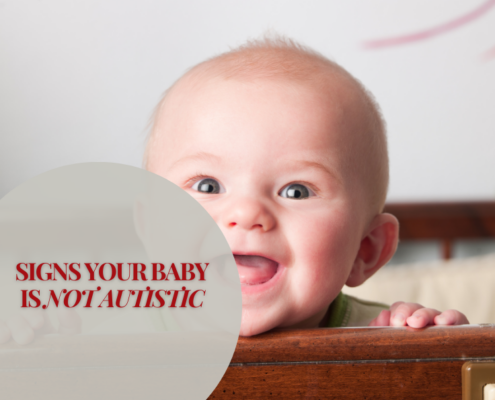
Signs Your Baby is NOT Autistic
Thanks to advanced research and awareness campaigns, more people today are aware of the common signs and symptoms of autism spectrum disorder (ASD) than ever before. Much of this awareness comes from public fundraising and awareness campaigns…
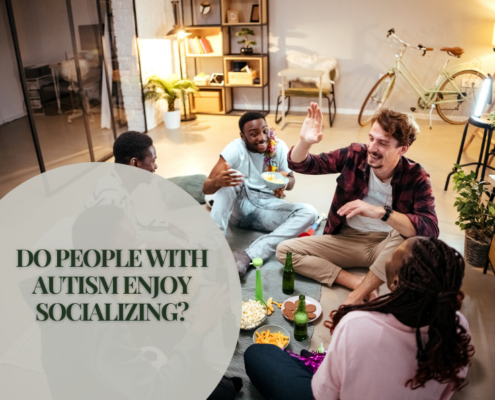
Do People with Autism Enjoy Socializing?
Experiencing challenges with social interactions and social situations is something that many people with autism spectrum disorder (ASD) face every day. They often will want to have meaningful interactions with other people, but just don’t…
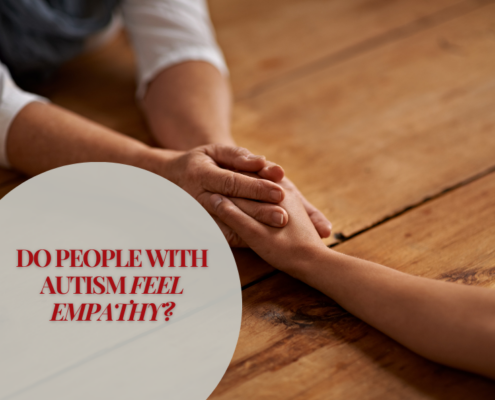
Do People with Autism Feel Empathy?
People with autism spectrum disorder (ASD) are often misunderstood. Much of this comes from the challenges they face with communication and social interactions.
Others may think that a person with autism, for instance, is stand-offish, a…

Do People with Autism Experience Emotions Differently?
A common stigma surrounding autism spectrum disorder (ASD) is that people who have it don’t feel “normal” emotions. Neurotypical individuals may believe that people on the autism spectrum either don’t understand other people’s feelings…
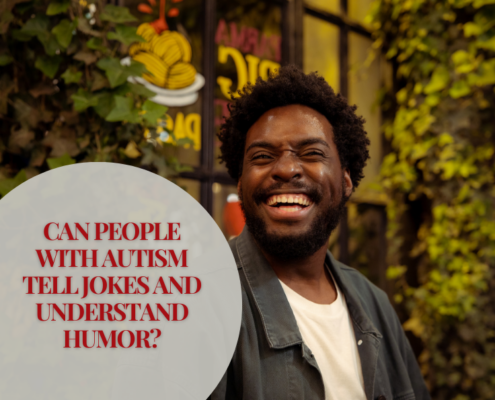
Can People with Autism Tell Jokes and Understand Humor?
A stigma that’s often associated with people who have autism spectrum disorder (ASD) is that they don’t have a sense of humor. Either they don’t understand humor to begin with or they’re just not funny or interested in such things.
Like…
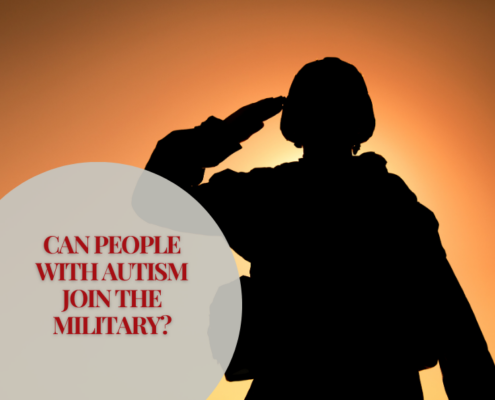
Can People with Autism Join the Military?
There are so many amazing things that people with autism spectrum disorder (ASD) can do. Despite the challenges that they face, many have unique and extraordinary skills that they can share with the world.
That being said, there are still…

